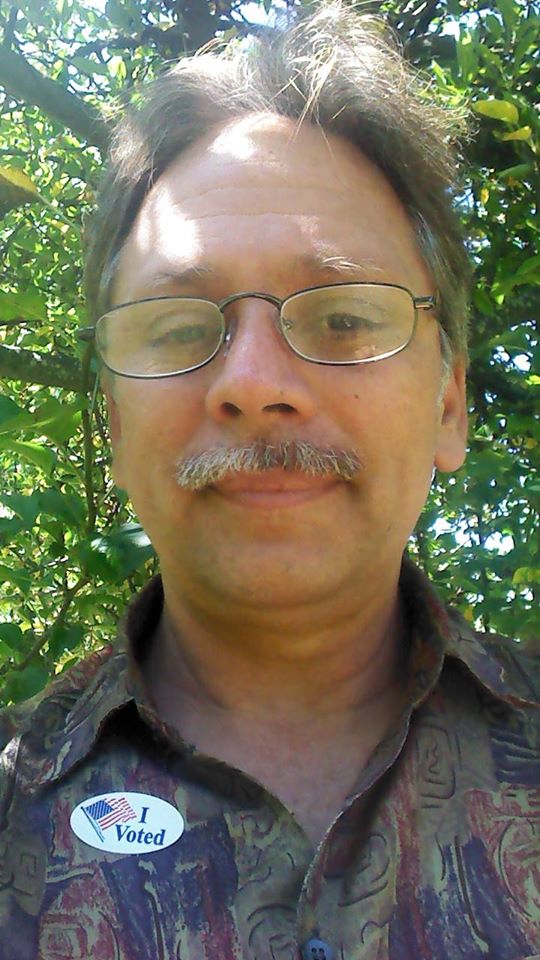
By Cris Alarcon
Shakespeare’s Polonius may have been a flawed father and a meddling man, but when he told his son Laertes, “This above all: to thine own self be true,” he spoke one of the most enduring truths ever penned. The words echo through centuries because they touch the root of our human struggle — the tension between who we are and who we pretend to be.
Philosophers from Socrates to Kierkegaard have wrestled with authenticity, that delicate art of living without the mask. Yet only recently have psychologists begun to measure what philosophers once merely mused about — the real impact of being true to oneself. Positive psychology, that young science of human flourishing, has revealed what poets always suspected: authenticity is not just noble, it’s necessary.
There are, in essence, two layers to this truth.
Outer authenticity is how faithfully our words and actions reflect our inner world. It is the public performance of private conviction — how closely our outer life mirrors our inner reality. Inner authenticity, on the other hand, is deeper still: it’s the clarity with which we know ourselves, the honesty with which we face our desires, fears, and contradictions.
The truth is, no one walks this world in perfect authenticity. Life often requires a mask — to keep the peace, to keep a job, to survive the day. But trouble begins when the mask becomes the face. When pretense becomes our default, we trade the quiet dignity of selfhood for the fleeting approval of others.
So ask yourself, in the stillness of an honest moment:
-
How much of the time do you feel that you can be the real you?
-
Are you easily swayed by the opinions of others?
-
Do you speak up for your beliefs, even when silence would be safer?
-
What keeps you from living your truth?
-
And, perhaps most importantly, do you truly know yourself?
The research tells us what wisdom already knew: people who live more authentically tend to be happier, more grounded, and more at peace. Their lives hum with a quiet congruence — that sweet alignment between thought, word, and deed. Gandhi said it best: “Happiness is when what you think, what you say, and what you do are in harmony.”
So, if Shakespeare offered the advice, and Gandhi confirmed it, perhaps the rest of us have only to practice it — one brave act of honesty at a time.
For in the end, to thine own self be true — and the rest of life, as the night the day, will surely follow.




